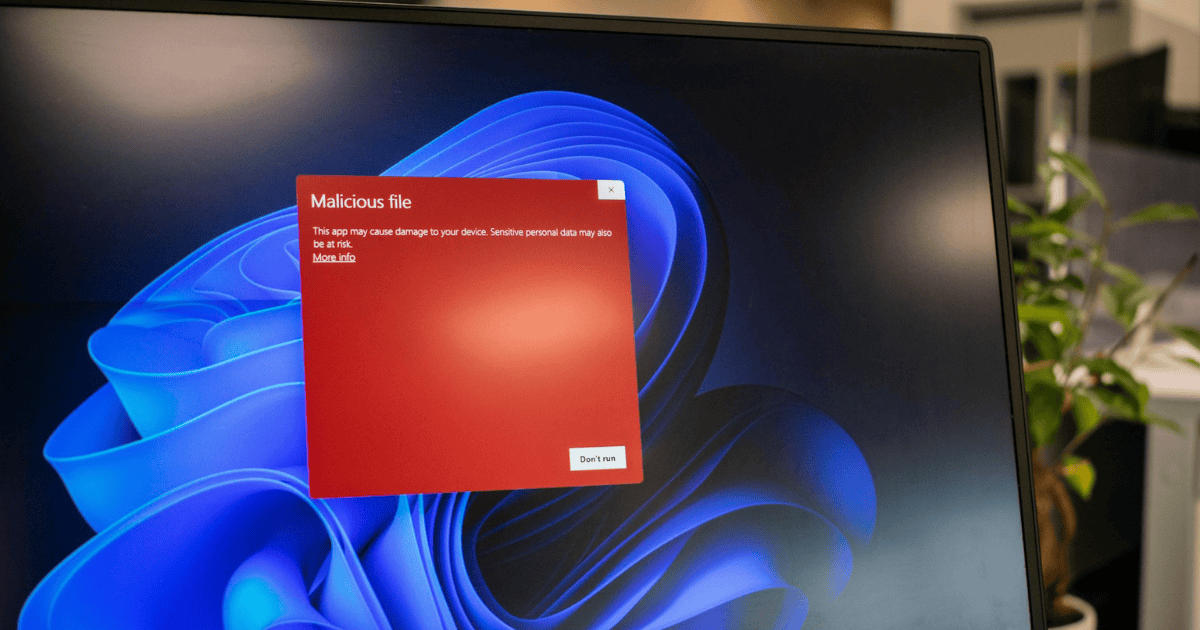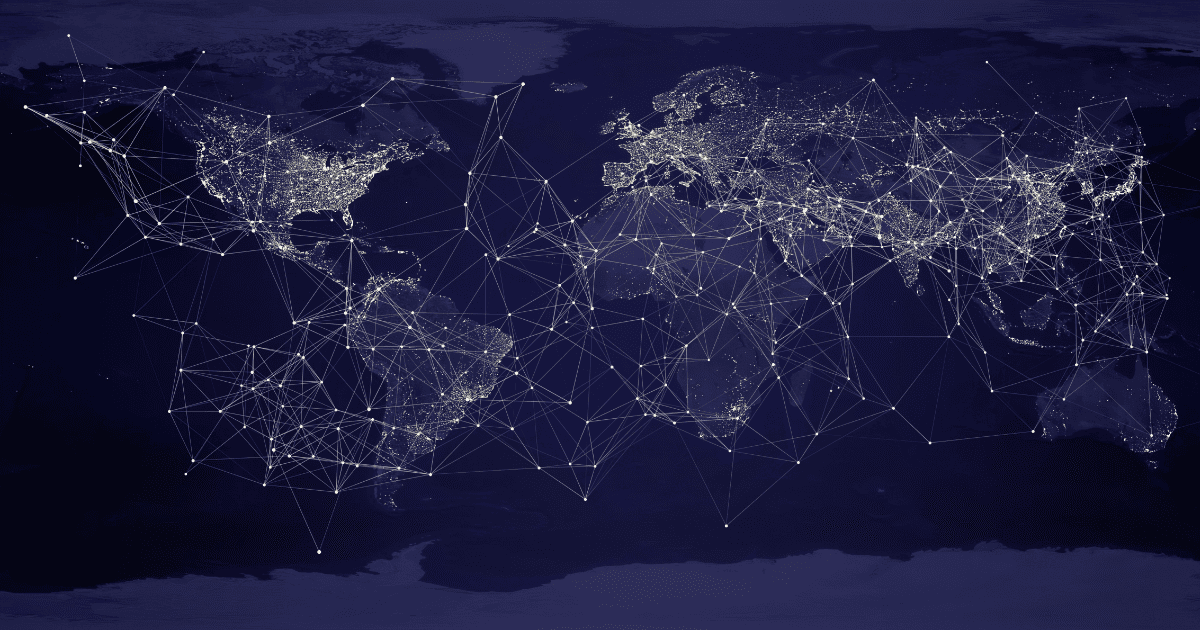Last Updated on 3 May 2024 by admin
The roles of Chief Information Security Officers have evolved dramatically over the last few decades, especially recently. Security professionals face ever-increasing responsibility – not only having to map security strategies to meet new challenges but to do so in support of key business objectives.
Cyber security has become an integral function of business operations and survival. Increased cloudification and heavier reliance on IoT have made hyperconnectivity a growing concern. In today’s digital world, possessing a sound security strategy reduces risk and promotes business prosperity. With escalating numbers of cyber attacks, the two now go hand in hand.
With cyber security firmly on the boardroom agenda, knowing how to contribute in the most effective and valuable way is crucial.
Table of Contents
What do CISOs do?
CISOs, which is an acronym for “Chief Information Security Officer”, have historically been in charge of the overall cybersecurity of their organization. They typically have relevant certifications such as Certified Information Systems Auditor and Certified Information Security Manager, issued by ISACA.
CISOs take the role of security leaders, ensuring that their business continuity and cybersecurity plans are in place and that a suitable team is in place to execute them. They coordinate the cybersecurity operations of multiple departments within the organization through activities such as preventing security risks, enforcing security best practices, addressing security incidents, maintaining information security and compliance with applicable legal requirements. It is important to note these responsibilities differ from those of a Chief Security officer. Despite their similarities, they entail different expertise and approaches.
The CISO is also responsible for cybersecurity across the entire enterprise, but they must also comply with all applicable laws and regulations to safely accomplish the company’s security objectives.
The level of responsibility for cybersecurity will depend on the size of the organization. For example, a small business may have more flexibility in managing its cybersecurity than a large enterprise.
The evolution of a CISO
The role was first introduced in response to cyber attacks from a specific Russian hacker in the 90s. Since it has transformed – there are countless new responsibilities as the position has evolved alongside technological progression. 61% of companies don’t have a CISO (or any lead security professional) which is a big risk in light of the mounting threat.
New challenges include:
- A vast and dynamic digital landscape to manage with more reliance on devices, IoT, and cloudification across a number of verticals
- An unprecedented number of cyber attacks. A growing attack surface introduces more opportunities for a threat actor to enter your network or system, rendering your organization more susceptible to a breach
- Strict data protection regulations and requirements to adhere to (such as GDPR)
Prevalent and rapid digitalization means that the number of challenges CISOs face is only projected to swell. In the past a sufficient security architecture would simply focus on common data breaches. Now, the CISO is responsible for preventing a wide variety of different security issues, making it a progressively important role within the business. Being realistic about the way in which the digital world is moving will help build a strong security strategy and prevent a breach from disrupting business processes.
Understand your evolving IT environment
The constantly expanding attack surface unavoidably heightens the chance of a malicious attacker gaining unauthorized access to your organization’s digital environment. Any exposed assets work as attack vectors, acting as a gateway into privileged systems which requires well-structured security operations and a proactive approach to detect potential threats. If such vulnerabilities are not discovered and remediated, the effects can be detrimental to an organization – both financially and reputationally.
Identifying, tracking, and managing assets has become a universal concern for many CISOs and IT leaders – irrespective of their size or sector.
Know your primary cyber threats
64% of CISOs are concerned that their organization is at risk and nearly 80% of senior security and IT leaders lack confidence in their cyber security posture. The internet is everywhere now, and so is the threat of attack. These include:
- Phishing – 2020 holds the record year largest number of these attacks on organizations of every size
- Ransomware – this year, ransomware attacks against businesses will are expected to occur every 11 seconds
- business email compromise – BEC is one of the most financially damaging cybercrimes today according to the FBI. The international surge in cases demonstrates its capability, making it a universal pain-point for countless organizations
- Substantial use of IoT devices (accelerated with remote working) – there will be approximately 25 billion IoT products by the end of this year
- Human error – nearly 99% of all data breaches are caused by human error according to IBM. It is vital to educate your employees as they are the prime vector for cyberattacks
Be prepared for growth
Expanding internal and external infrastructure means the attack surface is hyper-dimensional and grows rapidly, making them difficult to manage. As new and emerging technology enables processes and operations to be faster and more efficient, they inevitably generate new and inescapable risks.
Ascending risk must be addressed through a scalable security strategy to readily safeguard your systems, even if your load increases. Implementing a scalable solution also helps promote business growth – not letting capacity problems hinder your security.
As a CISO, you must be ready to face increased responsibilities and improve your security practices. Growing an organization comes with challenges, and those challenges are often associated with the expansion of your organization’s cybersecurity program.
Build a robust security strategy with continuous security monitoring
CISOs are constantly seeking solutions to maintain cyber resilience against new and changing threats, so continuous monitoring is becoming a popular solution. In order to survive and flourish in the current threat climate, cyber security needs to be embedded in key business processes. Continuous security monitoring provides real-time end-to-end visibility of the attack surface. With a birds-eye view of your digital ecosystem, you can accurately assess your overall security posture and speed up remediation processes.
Attack surface management (ASM) is a form of continuous security monitoring. Powered by automation, it equips you with constant surveillance of all assets and any vulnerabilities that contain, transmit, or process your data. In other words, this proactive method helps you map, understand, and analyze your threat landscape – ultimately helping you think like an attacker to reduce your cyber risk. After all, you can’t remediate problems you aren’t aware of – so visibility is key.
Putting a sturdy and scalable cyber strategy into action proves that you have the capacity and desire to prioritize data protection, helping build trust with new and existing customers and giving your organization a competitive advantage (in addition to achieving cyber resilience!).
Final thoughts
Clearly, the role of the CISO has elevated significantly and they have to take more security controls. The last year has also been a massive wake-up call for business leaders and security specialists, who must adapt to face new security trends and threats. A proactive, security-first policy to risk-management is all the more critical when practicing digital health.
At Informer, we firmly believe that security strategies must evolve to keep up with the ever-changing threat interface to provide optimum coverage. Sustainable adaptation to modern threats is key for business survival. We help organizations gain visibility of their evolving attack surface, reducing their risk posture and in turn helping to drive growth.
Want to access business-critical security insights? Book a demo with us today.





